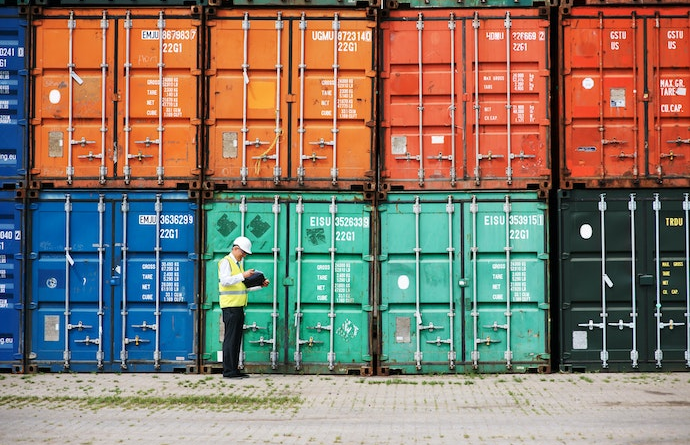Tax Policies Take Centre Stage Amid Global Supply Chain Disruptions
The global supply chain is facing unprecedented disruptions due to the COVID-19 pandemic, and tax policies are taking center stage in the discussion. The United Nations (UN) is now considering taking a global role in tax policy that would rival the Organization for Economic Co-operation and Development (OECD). Meanwhile, automakers are lobbying the US government to change its tax rules on Chinese materials.
The UN’s proposed role in tax policy would be to ensure that countries are able to collect taxes from multinational companies, and to ensure that these taxes are used to fund public services. This would help to ensure that countries are able to fund essential services, such as healthcare, education, and infrastructure. The UN’s proposed role would also help to ensure that multinational companies are paying their fair share of taxes, and that countries are not being taken advantage of by these companies.
The US government is also being lobbied by automakers to change its tax rules on Chinese materials. This is due to the fact that the US has imposed tariffs on Chinese materials, which has caused an increase in the cost of these materials. The automakers are hoping that the US government will change its tax rules to make it easier for them to purchase these materials.
It is clear that tax policies are taking center stage in the discussion of global supply chain disruptions. The UN’s proposed role in tax policy could help to ensure that multinational companies are paying their fair share of taxes, and that countries are able to fund essential services. The US government is also being lobbied to change its tax rules on Chinese materials, in order to make it easier for automakers to purchase these materials. It remains to be seen how these policies will play out in the coming months, but it is clear that they will have a major impact on the global supply chain.

